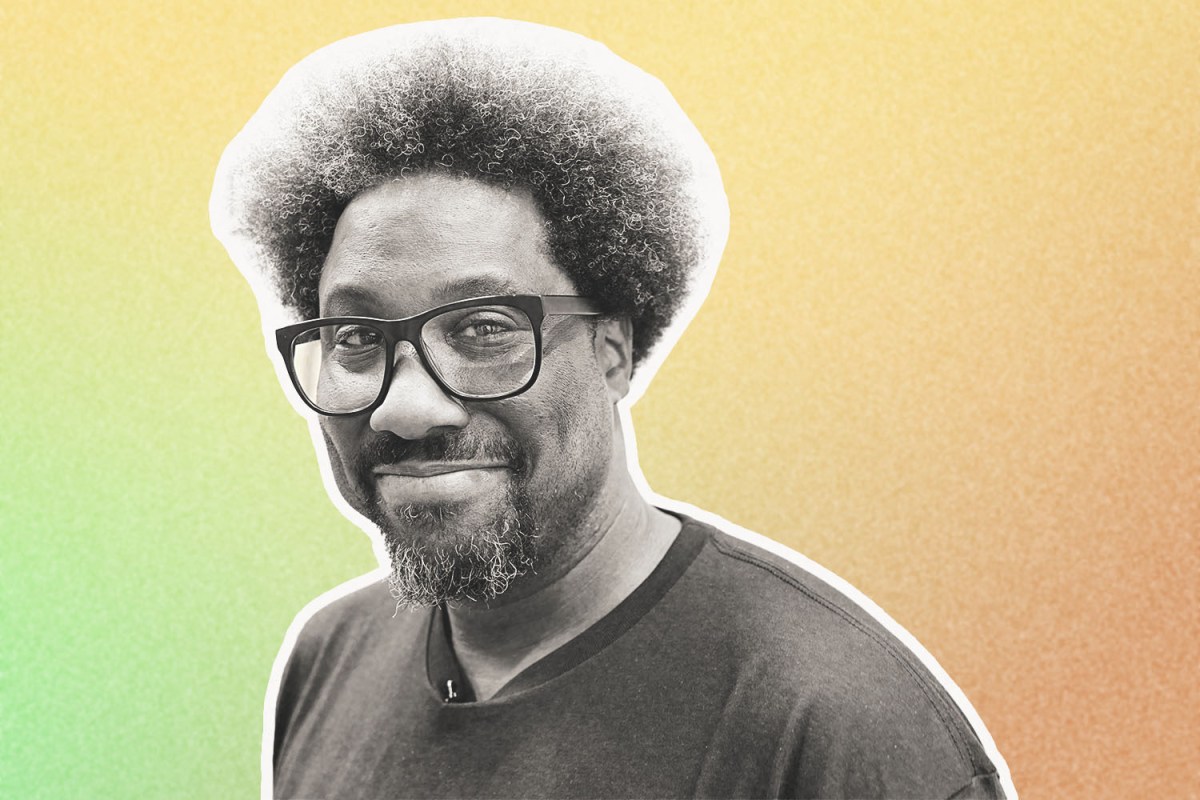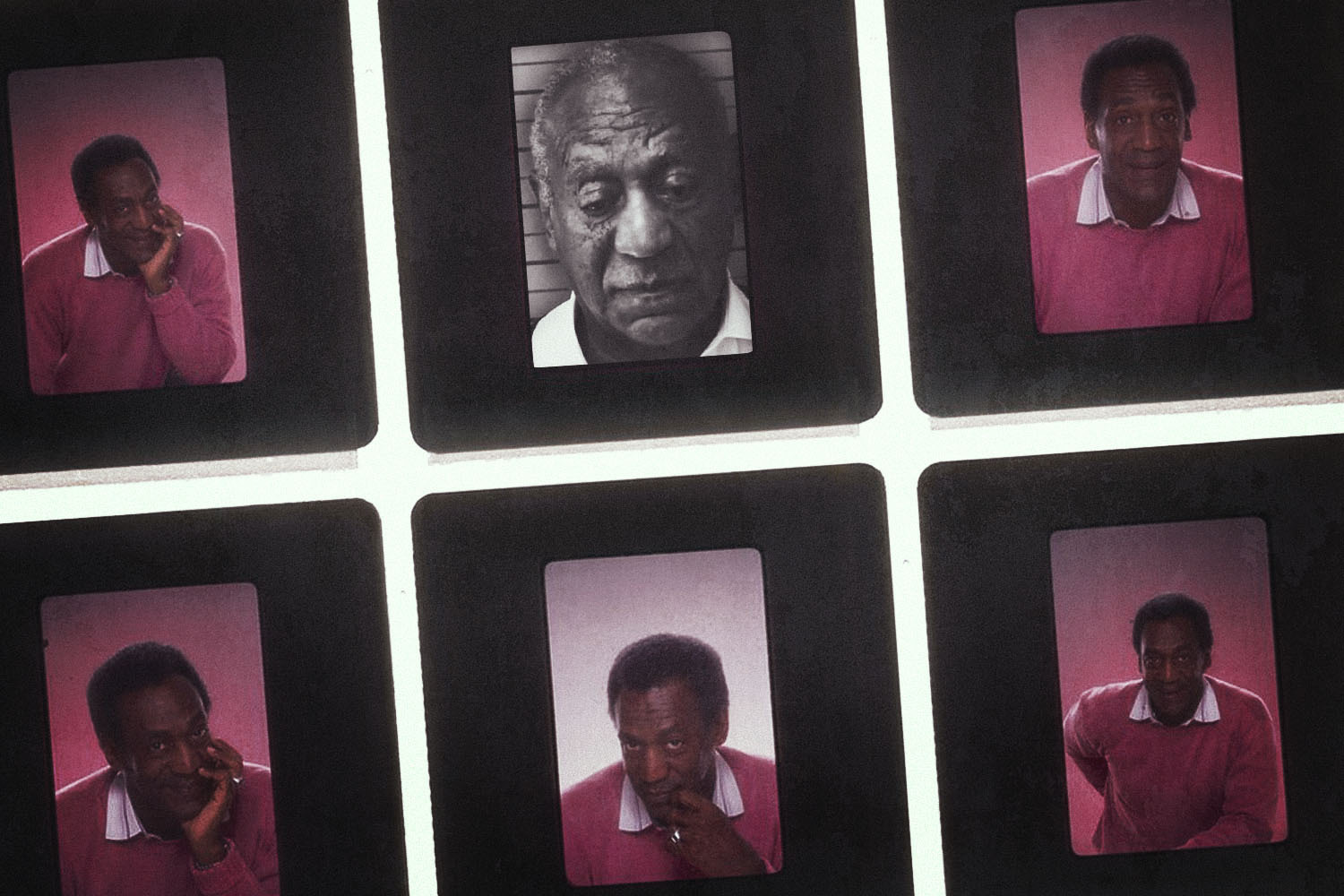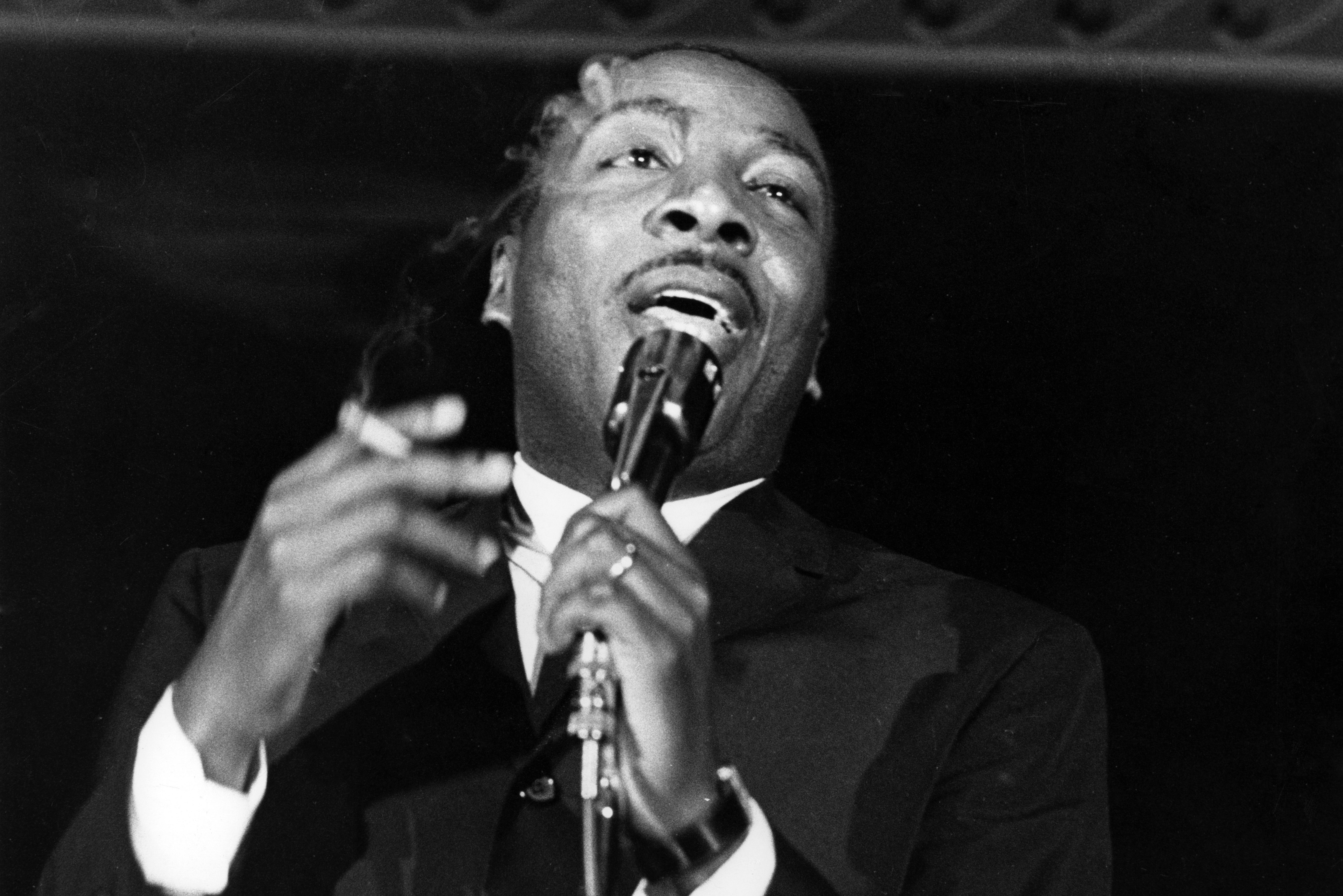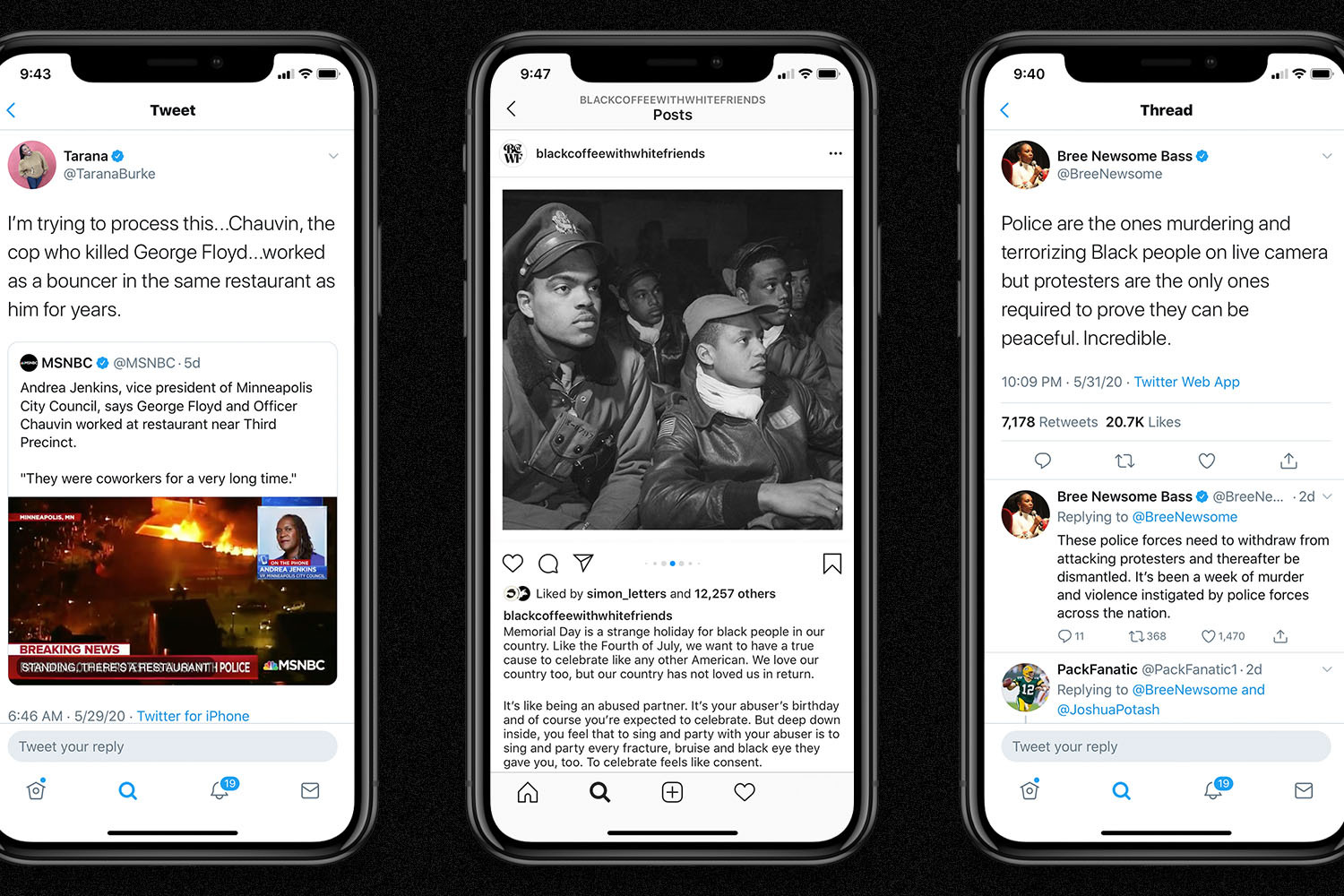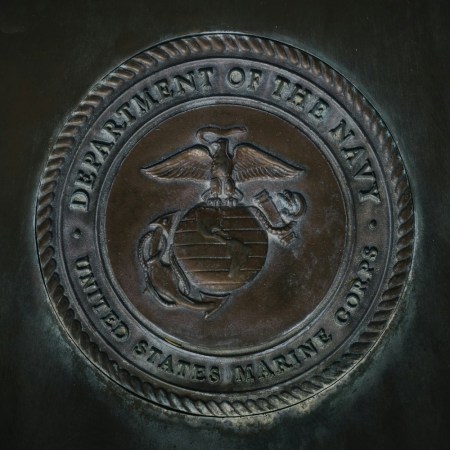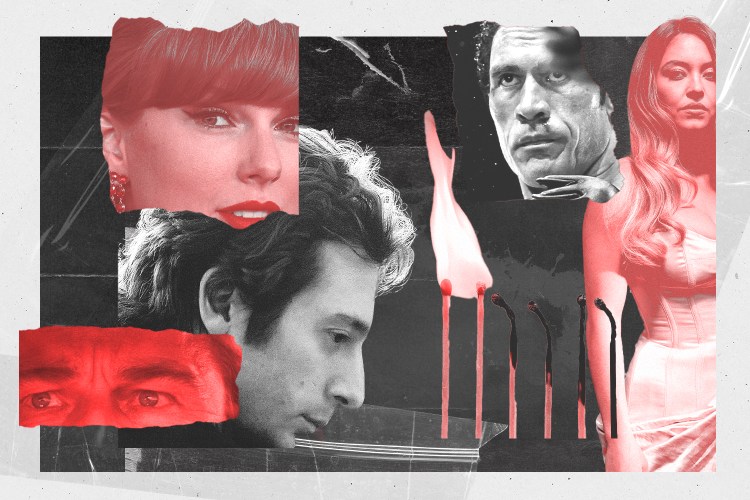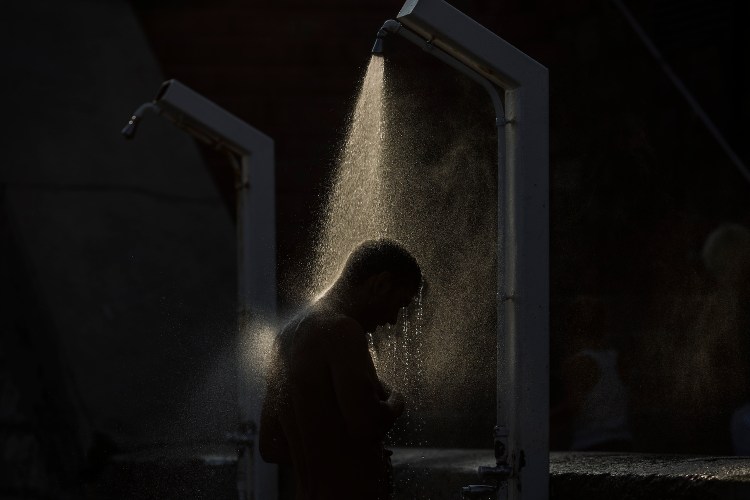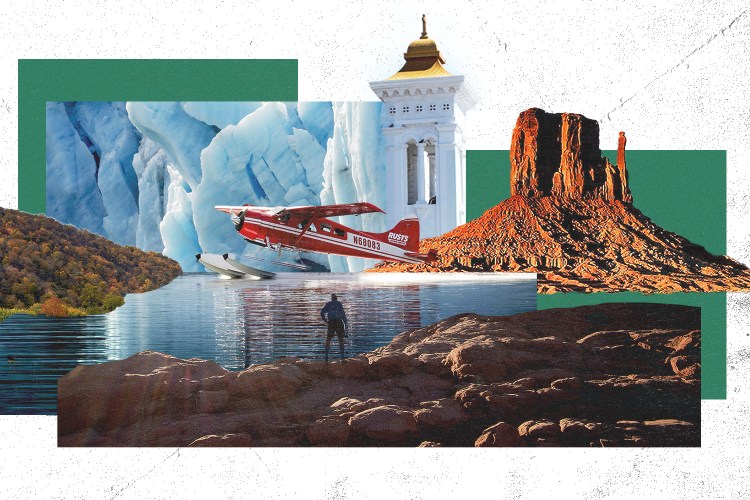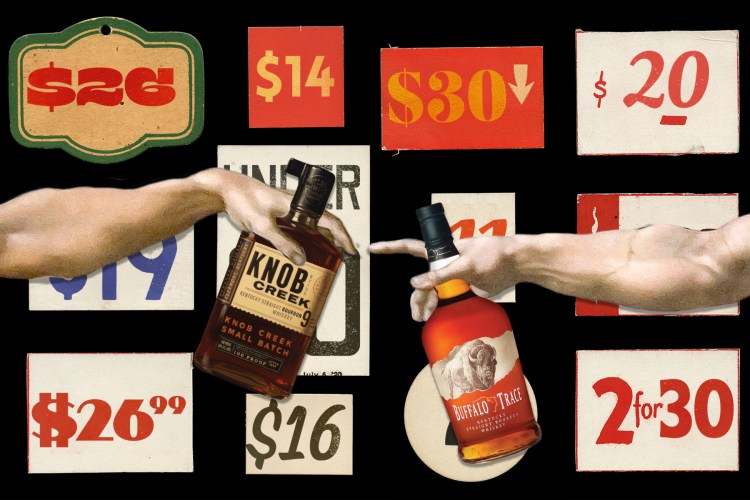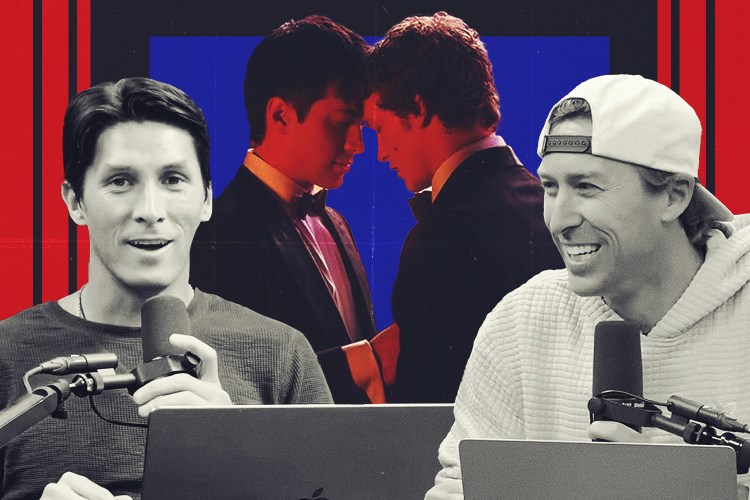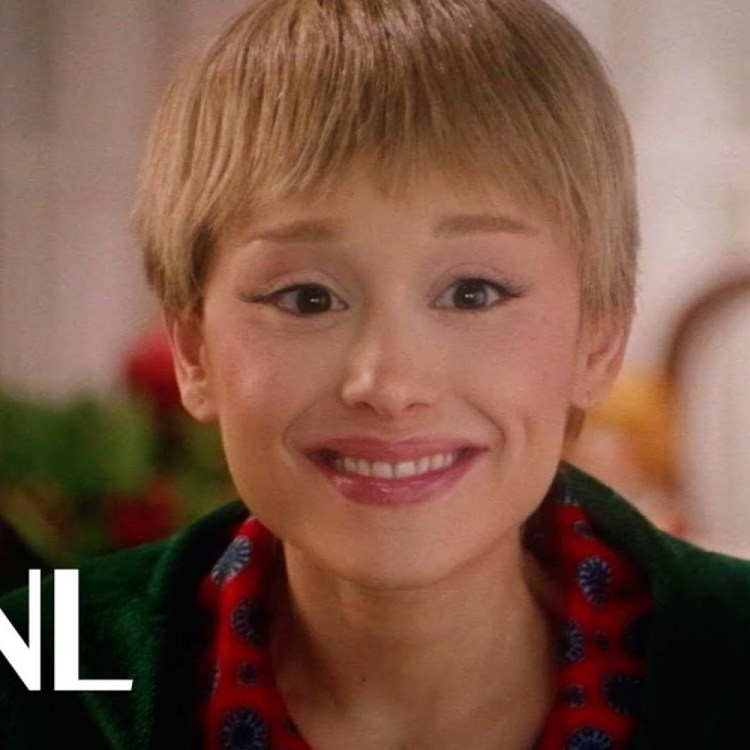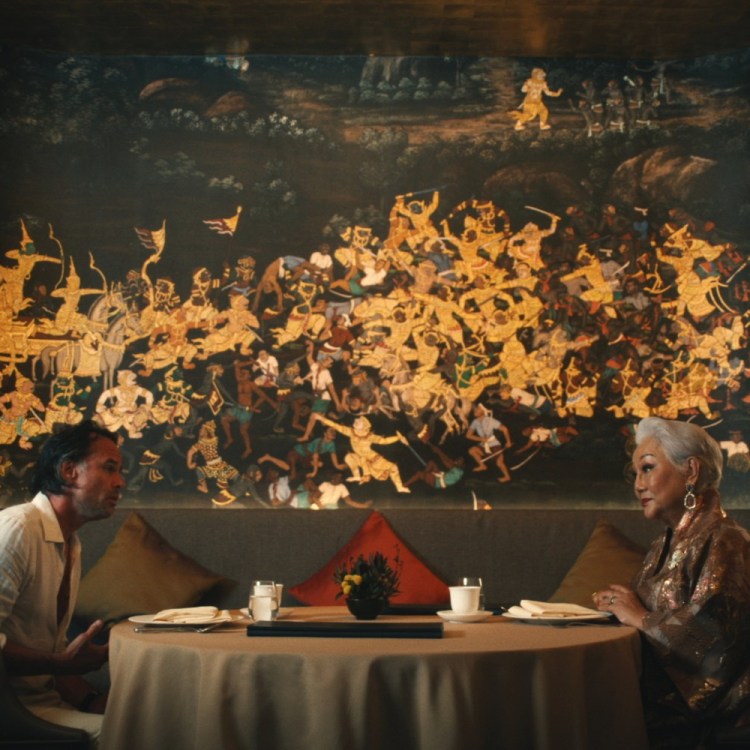What’s going on in America? We ask ourselves that every time there’s another mass shooting, or when social movements and seemingly innocuous words get politicized and make national headlines. Many of us want answers but don’t know which questions to ask. For Oakland-based comedian and TV host W. Kamau Bell, asking the right questions has become a career. Earlier this year he released a documentary miniseries on Showtime titled We Need to Talk About Cosby that grapples with the comedian’s legacy in the wake of his sexual assault charges. The docuseries is a format Bell mastered after employing it for years in his Emmy-nominated CNN original series, United Shades of America, the seventh season of which premiered on July 10.
Over the last seven years, Bell has used United Shades of America as an edutainment outlet to pursue difficult conversations with other Americans about the biggest and most polarizing subjects he can think of — gun violence, Islamophobia, the wealth gap, the Mexican-American border. These conversations have brought him face-to-face with people as varied in political affiliation (and threat level) as the KKK and Indigenous rights activists. We live in a fractured country, and as a self-identified “king of difficult conversations,” Bell — who’s as willing to converse with subject matter experts as average people on the street — has placed himself in a prime position to examine those fractures and, maybe, to piece them together again.
InsideHook: I feel like any of the topics this season — between the war on “woke,” toxic fan culture keeping athletes from addressing mental health, or the Land Back Movement — could be a trending topic on Twitter right now, but you obviously had to foresee their continued relevance before filming. What was the selection process for the topics you covered this season?
W. Kamau Bell: Whether that’s luck or the country not evolving as fast as you want it to, it always seems to happen that way. There’s things that you see constantly bubbling up into the news, and you feel like the stories around them never change. We still don’t do enough to tell the stories of native folks in this country, so I feel like we should do that every season. And living in California, we’re always thinking about fire. I look into things that I feel like either people aren’t talking about enough, or people talk about a lot but don’t ever seem to get to the heart of.
A lot of the show is you one-on-one-ing with people. What’s it like to go out and have conversations with people that you disagree with? Is there an art to it?
There is a moment that I have — especially before conversations I think are going to be heavy, even if I agree with the person — of deep breathing, getting quiet and getting away from the rest of the crew. Luckily, I have a crew of people who understand that Kamau needs a moment. Sometimes in those conversations you can get so caught up in the weird direction the conversation goes, you forget why you showed up there in the first place. The important thing is greeting those people as humans and not as subjects. Getting to know them a little bit, even when you sit down and talk to them. Those conversations on the show that you see go four or five minutes take place over the course of an hour or two sometimes.
And obviously that’s different from how you sometimes employ traditional talking heads. Have the one-on-ones you do on the road gotten tenser or scarier in recent years?
This country is definitely at a very fractured place, and you just feel like, forget whatever conversation we’re having, at any point somebody could just run up with a gun for any reason, you know? Being out in the world is not as fun as maybe it used to feel. A lot of these conversations online get to really dark places, and I don’t want to get to those dark places on the show. I don’t want them to get that unnecessarily contentious. It’s about reaching out to people who you think are actually good faith actors on this, and who want to have a conversation and aren’t just looking for an opportunity to explode. The producers who put the show together really make sure we find people who are ready to have that conversation.
There’s also just this basic, “Oh, also I hope I don’t get COVID and bring it home to my wife and kids and my 85-year-old mom.” We thought this season was going to be the COVID-free season and then it was like, “Oh no, it’s still COVID season.” There were a lot of ways in which this season, because of the subject matter, because of the state of the country, and because of COVID, was actually one of the most challenging seasons we ever shot.
I noticed in some of those that you were wearing a mask and others weren’t. I imagine it was difficult to navigate.
Yeah, because I had to be committed to not getting COVID. For the proper sit-down interviews, people get tested. But if we’re just out on the street talking to random people, I’m going to go ahead and keep my mask on.
You mention at one point in passing that you have an all-Black film crew for this series and that that doesn’t happen by accident. Can you talk about why that was important to you and how that came together?
It’s important to me, but actually I want to give some shine to Morgan Fallon, who is not Black, but who is one of the co-EPs of this show who I met when I shot Parts Unknown with Anthony Bourdain, because he used to be one of the producers on that show. That’s how we met and came to be friends and started to decide to work together. He was the one who was like, “We’re going to do this.” It wasn’t even an idea that I pitched to him, it was an idea that he pitched because he thought it was important too. It’s not a thing that happens often, even on projects that are Black projects. It’s about giving people an opportunity who maybe never had the job that’s slightly ahead of them because they don’t get that opportunity. When I said that in the Asian American episode, I wanted to highlight on the show that it is about representation, on camera but also behind the camera.
Usually the camera crew is my favorite part of the crew because they really want you to do well, and when you look at them, they’re looking at you like, “You can do this.” But for me to have some of the conversations I’ve had and right afterwards to have one of the Black cameramen come up to me and be like, “Man, brother, you really did it that time,” to know that they don’t mean you were good on camera, but I saw you doing the work that is necessary to be done, it means a lot.
And in that episode, the “Asian Americans In the Spotlight” episode, you have several Asian thought leaders like Hari Kondabolu and Lisa Ling in this dinner party setting, and they’re leading the conversation. How do you decide when to hold the mic, and when to pass it like that?
I mean, if I could, I would just pass it the whole time. But then every now and again, I go, “Oh, I have a funny joke.” For me, it’s really about, again, the producers booking the right people who are also good conversationalists. A lot of people on the show are not used to being on TV, and that’s where my job really comes in as a host, to get them comfortable. That’s when I do the most talking just to get people to open up and relax.
For me, if the conversation is going well, I will not talk for minutes at a time. Sometimes a producer will be like, “You’re not saying anything.” I’m like, “Because I don’t need to say anything.” Also, I know I’ll get a chance in VO to stitch this together, so I don’t really feel covetous of my screen time in the way that maybe other hosts do. Like, when comedians have sitcoms and often they cast better actors than them to be on the sitcoms, because they know, “The show is named after me, so if everybody’s great, I’m going to get the credit anyway.” I feel the same way about this. If everybody’s great, the show has my name in the title, so I’ll get enough credit.
You return to Hawaii this season, a topic you previously covered in season three. What made it important to revisit?
Just the idea that the issues we talked about earlier in the show had been exacerbated through COVID. Mainland people looked at Hawaii as an escape from America, an undiscovered country. [Revisiting it] was a way to go, “Oh, you didn’t hear it last time? Let me try it again differently.”
Also, personally, me and my family do spend time in Hawaii, and there’s this feeling like, “Are we doing this correctly? Is there a way to do this well at all?” I really wanted to answer those questions for myself and my family, because we would like to go to Hawaii, but we recognize there are ways to do that better. While, at the same time, understanding that many native Hawaiians think that tourism is wholly extractive; it only takes from the island, it doesn’t give back.
Also, seeing people on TikTok, like the woman we had on the show, Melissa, and that fury and that fire, but also that humor, and wanting to go, “I want that on TV. I want to put her on my show.” I was excited about sharing her voice with other people.
Are there any other topics that you’d want to revisit, that you maybe have a different perspective on now, or that you think you’d approach filming differently?
We did a policing episode in season one, and we did one in season five about defunding the police. Clearly, that discussion is still going on, so I feel like we could probably do a policing episode every year. We did an episode about homelessness in season five, and I really feel like that whole discussion has shifted again since the pandemic. There’s a lot of things that have happened post-pandemic that, even though we covered them before, there’s ways to go into them again now that the country is still in the middle of a pandemic because we didn’t handle it well at all.
And this is something kind of random —
I love random.
Great! So on the show you bring up how you started grinding your teeth more in recent years. I was just curious about that.
There’s something I really want the audience to know, and that’s that this stuff affects me. A line like that is not something that was written in VO, it was just something I said in the booth, and we kept it in the show. Talking about my teeth grinding is a way to go, “I’m not just a host who is like, ‘Oh, this is what people are doing here, and this is how they’re living. Isn’t this sad, or remarkable?’ I’m actually a human who’s living this too.” People have talked about how people’s mental health has been affected during the pandemic, and I don’t want to act like I’m separate from that just because I have a TV show.
This article appeared in an InsideHook newsletter. Sign up for free to get more on travel, wellness, style, drinking, and culture.
